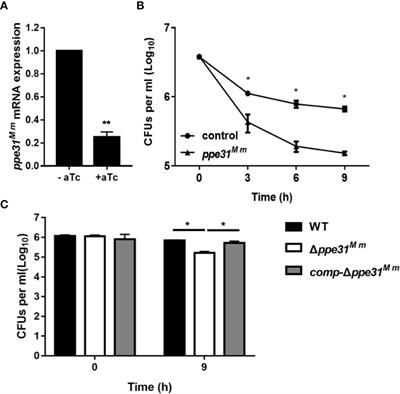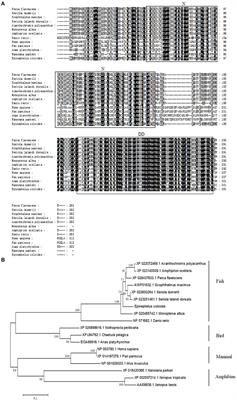ORIGINAL RESEARCH
Published on 13 Apr 2021
Mycobacterium PPE31 Contributes to Host Cell Death

doi 10.3389/fcimb.2021.629836
- 2,816 views
- 7 citations
5,204
Total downloads
14k
Total views and downloads
You will be redirected to our submission process.
ORIGINAL RESEARCH
Published on 13 Apr 2021

ORIGINAL RESEARCH
Published on 28 Jan 2021

ORIGINAL RESEARCH
Published on 27 Nov 2020

ORIGINAL RESEARCH
Published on 18 Sep 2019

